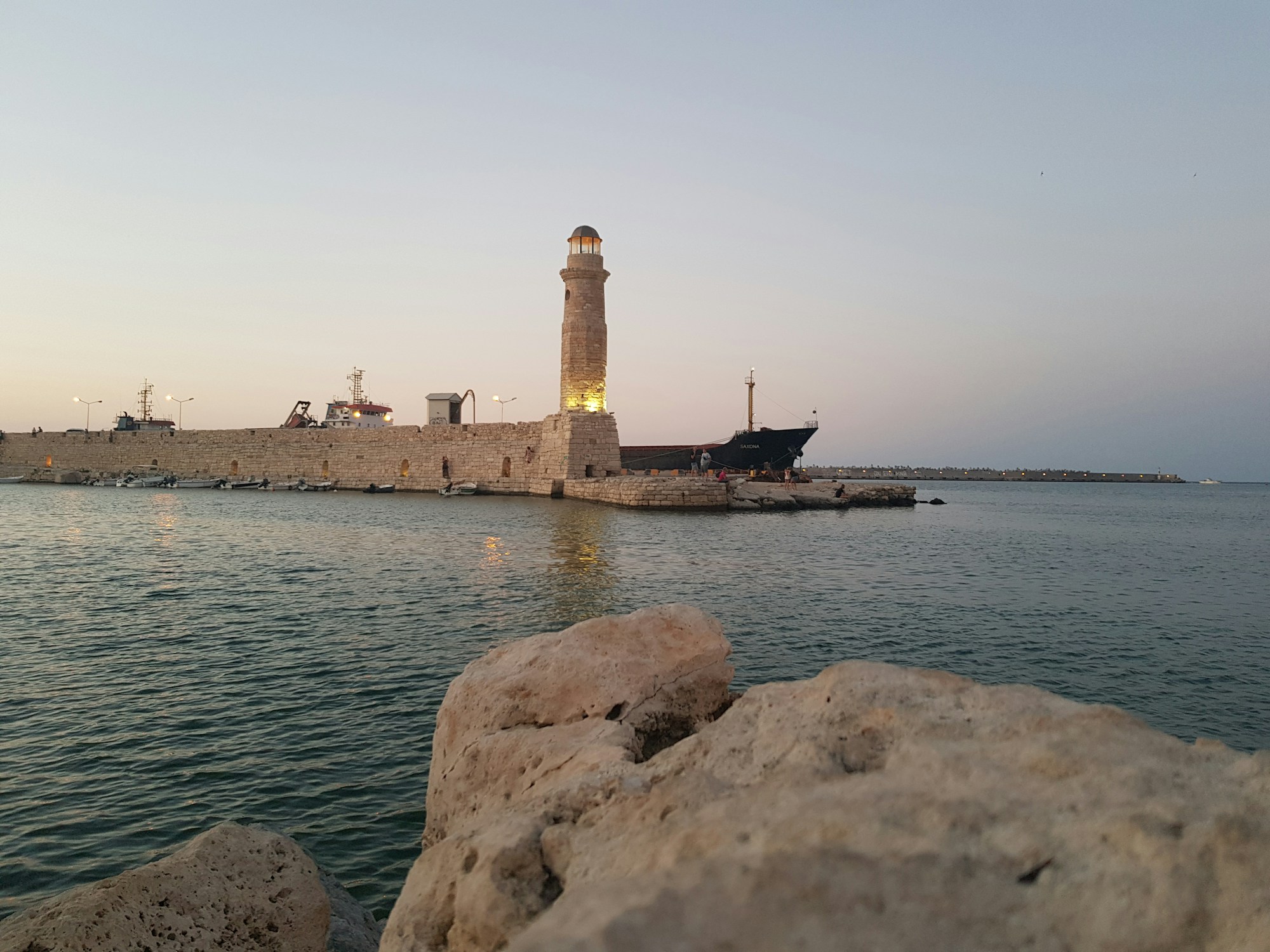Rethymno Culture and Traditions: History, Festivals, and Customs
Explore Rethymno's rich history, vibrant festivals, and unique customs in this guide to its culture and traditions.

Rethymno Culture and Traditions: History, Festivals, and Customs
Introduction
Nestled on the northern coast of Crete, Rethymno is a charming city that seamlessly blends its rich past with vibrant modern culture. This travel guide delves deep into Rethymno's history, festivals, customs, and unique cultural heritage, allowing you to fully immerse yourself in the authentic Cretan experience during your visit.
Historical Context
Ancient History
Rethymno's history dates back to the Minoan civilization, evident from archaeological sites scattered across the region. This rich tapestry of history is woven with tales of ancient Greek settlers who established colonies, leaving behind remnants of their architectural prowess and cultural influences.
Venetian and Ottoman Influence
The Venetian era, beginning in the late 13th century, marked a significant period in Rethymno's development. The Venetians fortified the city, constructing the impressive Fortezza Castle in 1573. Ottoman rule followed in the mid-17th century, adding another layer to the city's intricate history. This blend of influences is still visible in the architecture, with Venetian mansions standing alongside Ottoman minarets.
Modern Era
After gaining independence from Ottoman rule in the late 19th century, Rethymno continued to evolve, becoming an academic, cultural, and tourist hotspot. The city is home to the University of Crete, bringing a youthful vibrancy to its historical streets.
Cultural Practices
Rethymno’s Daily Life and Customs
The people of Rethymno, known as Rethymnians, are deeply rooted in their traditions and customs. Daily life revolves around family, community, and religious practices. Here are some key aspects of local customs:
- Filoxenia: This concept of hospitality is central to Cretan culture. Rethymnians are known for their warm and welcoming nature.
- Siesta: After a hearty lunch, it’s common for locals to take an afternoon nap, or "mesimeri," especially during the hot summer months.
- Religious Observances: Orthodox Christianity plays a significant role in daily life, with numerous churches and monasteries dotting the region.
Traditional Clothing
On special occasions, you might see locals dressed in traditional Cretan attire. Men typically wear black pants called "vrakia," a white shirt, a vest, and a pair of boots known as "stivania." Women wear colorful dresses with intricate embroidery, often accompanied by a headscarf.
Festivals
Carnival of Rethymno
The Rethymno Carnival is one of the biggest events on the island, attracting participants and spectators from all over Greece. Held in February or March, this vibrant festival features parades with elaborate floats, masquerade balls, and street performances. The highlight is the Grand Parade, culminating in a night of lively celebrations.
Renaissance Festival
Held annually in July and August, the Renaissance Festival celebrates Rethymno’s Venetian heritage. The festival showcases a variety of performances, including music concerts, theatre plays, and dance shows, often set against the backdrop of historical venues like the Fortezza Castle and Neratze Mosque.
Wine Festival
The Cretan Wine Festival, held in Rethymno's public garden in late July, is a tribute to the region's long-standing winemaking tradition. Visitors can sample local wines, enjoy traditional music and dance, and savor authentic Cretan cuisine.
Religious Festivals
Religious festivals are an integral part of Rethymno’s cultural life. Key events include:
- Greek Orthodox Easter: Marked by solemn processions, midnight church services, and festive feasting.
- Feast of the Dormition of the Virgin Mary: Celebrated on August 15th with church services, processions, and local fairs.
- St. George's Day: Comerated on April 23rd, this day includes church services, feasting, and community gatherings.
Local Cuisine
Cretan Diet
The Cretan diet, known for its health benefits, forms an essential part of Rethymno's culture. It emphasizes fresh, locally sourced ingredients, including olive oil, vegetables, legumes, and seafood. Meze, small appetizer-like dishes, are a must-try. Popular items include:
- Kalitsounia: Small pastries filled with cheese or wild greens.
- Chochlioi Boubouristi: Snails fried with rosemary and vinegar.
- Staka: A creamy butter-like dish made from goat’s milk.
Raki
No visit to Rethymno is complete without sampling Raki, a potent distilled spirit made from grape residue. It is an integral part of Cretan hospitality, often shared among friends and family as a gesture of goodwill.
Local Sayings and Anecdotes
Rethymnians are known for their wit and wisdom, often expressed through local sayings and anecdotes. One popular proverb is: "Kalos ilthate!" meaning "Welcome!" underscoring the culture of hospitality. Another common saying is "Siga-siga," which translates to "Slowly, slowly," reflecting the laid-back pace of life in Rethymno.
Art and Music
Folklore Music
Traditional Cretan music, characterized by the lyra (a three-stringed fiddle) and the laouto (a lute-like instrument), is at the heart of Rethymno's cultural identity. Locals often gather for impromptu music sessions, especially in the mountain villages.
Visual Arts
Rethymno is also a hub for artists, with numerous galleries showcasing contemporary and traditional works. The city's street art scene is thriving, with murals depicting scenes from daily life and historical events adding color to its walls.
Theatre and Dance
The Renaissance Festival, mentioned earlier, highlights Rethymno's love for theatre and dance. Venues like the Municipal Theatre "Erofili" host performances that attract audiences from around the globe.
Conclusion
Rethymno is a city steeped in history and culture, where ancient traditions coexist harmoniously with modern influences. From its vibrant festivals and delicious cuisine to its warm hospitality and rich artistic heritage, Rethymno offers a truly immersive travel experience. Whether wandering through its narrow streets, participating in local customs, or simply enjoying a leisurely meal by the sea, visitors are sure to be enchanted by all that Rethymno has to offer.
